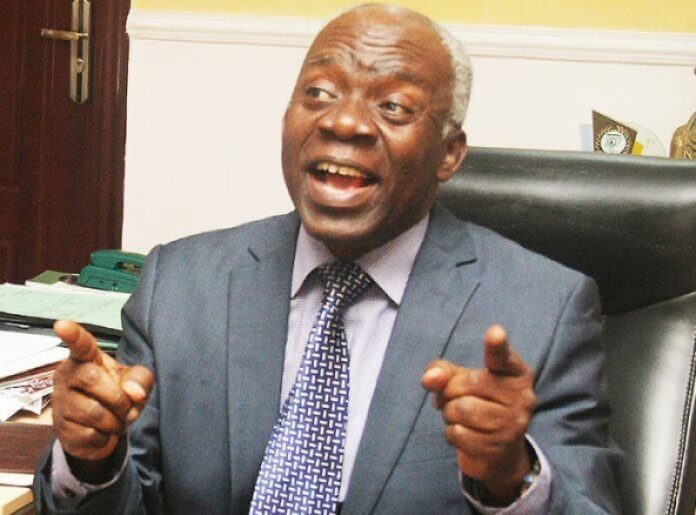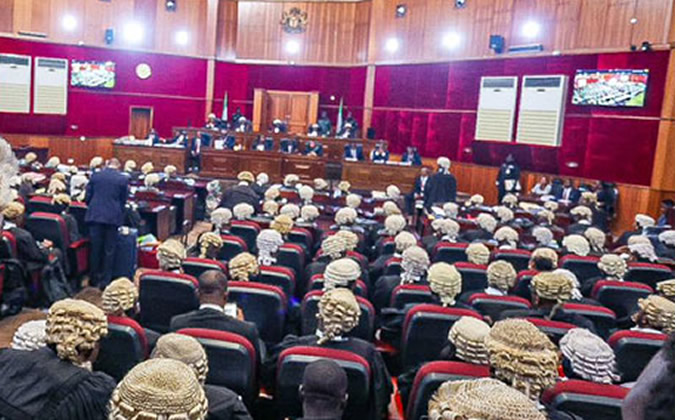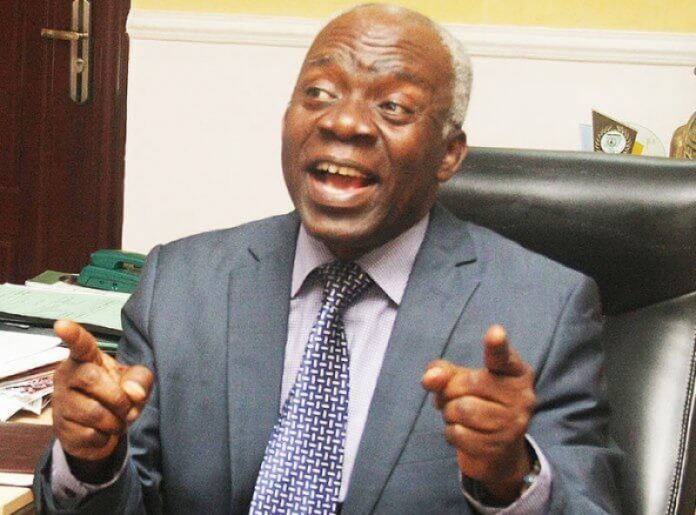
CURRENT REPORT BLOG As the nation eagerly awaits the verdict of the Presidential Tribunal scheduled for Wednesday, the renowned human rights lawyer, Femi Falana, SAN, has emphasized that this judgment is not the final word on the matter. In a recent statement, Falana highlighted that any party dissatisfied with the tribunal’s decision still has the option to seek redress in the Supreme Court. In this blog post, we delve into Falana’s insights and concerns regarding the judiciary’s role in handling presidential election petitions.
The Unprecedented Pressure on the Judiciary
Femi Falana expressed his deep concern over the unprecedented pressure and intimidation faced by the judiciary in relation to the ongoing presidential election petitions. He stressed that the level of attention and scrutiny these petitions have received is unparalleled in Nigeria’s history, dating back to colonial rule.
The Role of Election Tribunals
Falana emphasized that the purpose of election tribunals is to provide a fair and impartial forum for parties to present their cases, backed by evidence, and for the judiciary to apply the law and deliver a just verdict. He underscored the importance of not misconstruing the judiciary’s role in the electoral process.

Access to the Supreme Court
One key point raised by Falana is that the judgment of the Presidential Tribunal is not the final destination for candidates and parties involved in the presidential election dispute. According to him, any party that remains dissatisfied after Wednesday’s judgment can exercise their right to appeal to the Supreme Court, seeking a higher legal authority’s opinion.
The Need for Judicial Independence
Falana urged the justices to remain steadfast and not succumb to any form of intimidation or blackmail. He emphasized that their primary duty is to carefully evaluate the evidence presented, apply the law diligently, and deliver a verdict based on the merits of the case.












